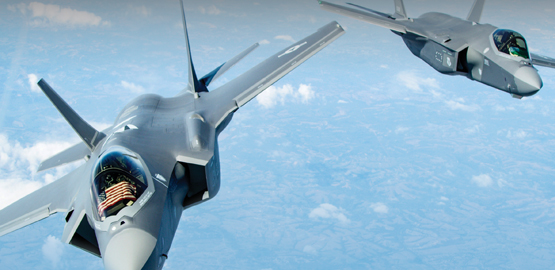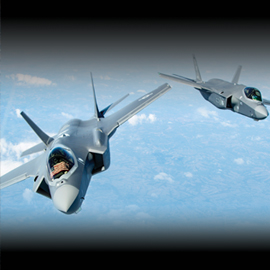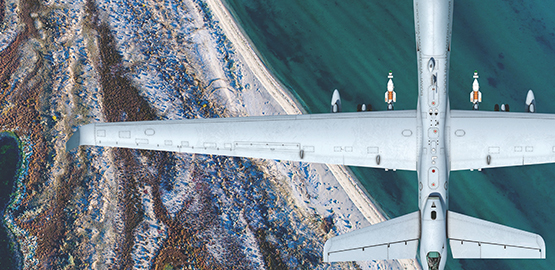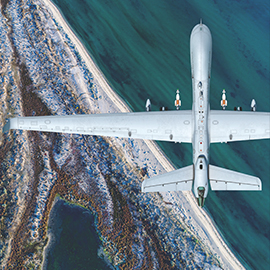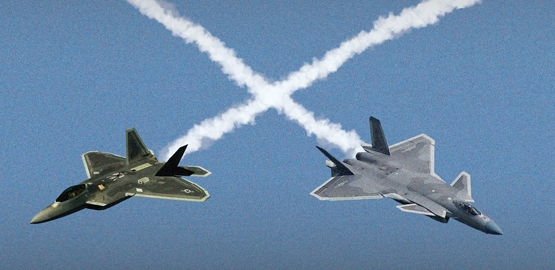News
Unmanned Combat Aircraft System: Will It Ever Materialize?
Over at Defense News, Mark Gunzinger and Bryan Clark, senior fellows at the Center for Strategic and Budgetary Assessments (CSBA), make the case that it is time for America to embrace “a stealthy unmanned combat aircraft system (UCAS) that would be able to perform strike and surveillance missions over long ranges, thus greatly increasing our nation’s ability to use carriers to maintain a military presence or fight aggression in multiple regions.” They will get no argument from me. Yet, a number of challenges remain that could stop the project from really, well, taking off (sorry, I had to do it).
Air Force Budget Proposal Preserves Cherished Modernization Programs
The Air Force on March 4 released a fiscal year 2015 budget that emphasizes the funding of new capabilities over legacy equipment.
The Strategic Opportunity
The soon-to-be-released Quadrennial Defense Review will be judged based on how much it clarifies and expands upon the 2012 Defense Strategic Guidance, and the extent to which it aligns strategic priorities with the resource choices now being rolled out, said Mark Gunzinger, senior fellow at the Center for Strategic and Budgetary Assessments. The 2006 and 2010 QDRs were basically "wartime reviews," said Gunzinger during a March 3 teleconference with reporters. They focused on current operations that heavily emphasized counterterrorism, irregular threats, and homeland defense activities. The DSG attempted to reset Defense Department priorities and prepare the joint force for a post-war footing. "But we haven't seen the kind of shift in resources to support the [DSG]," said Gunzinger, and there's been no real attention to a force-sizing or -shaping construct. How much the new QDR addresses these points will determine if it serves a useful purpose or it will be just another "posture statement," he said. It will likely include discussion of weapons of mass destruction, rising powers, and anti-access/area-denial and irregular threats, he said. It should also focus on "long-term competition" with rivals such as China, Russia, and their proxies, said Gunzinger.
DoD War Budget Will Remain Even if US Troops Leave Afghanistan
The US Defense Department will likely continue asking Congress for war funding separate from the Pentagon’s base budget accounts and not subject to federal spending caps even if all American troops leave Afghanistan by the end of the year, experts say.
A Glimmer Of Realism?
After slamming defense financial planning for "chaos and uncertainty" in October, Center for Strategic and Budgetary Assessments fiscal expert Todd Harrison is willing to give the new budget some credit for greater realism. In a Monday preview briefing - conducted by phone in a snow-paralyzed city - Harrison noted a "slow convergence" between successive post-sequester budgets submitted by the Pentagon and the limits imposed by the Budget Control Act (BCA) that defined the sequester.
The Struggle to Downsize EUCOM
As the Pentagon prepares once again to cut forces and facilities on the Continent, experts say decades of downsizing have already eliminated most of the Cold War-era fat, leaving planners with a dilemma: make minor tweaks that will offer only modest savings or carry out sweeping changes that will alter the face of the military’s presence in Europe.
















